Photo: Reproduction.
Get involved in the education of your children, enjoying special moments of affection, affection and fun as a family, encouraging reading in a fun and participatory way, playing with books and words. This is what we call family literacy, one of the themes that will guide the parent training meeting, promoted by Maple Bear Natal, this Wednesday, September 13, at the school auditorium, in Tirol, in from 6 p.m. Bilingual literacy will also be addressed.
This moment, intended for parents of students from kindergarten to 3rd grade of primary school, will offer conferences and workshops on phonological awareness, bilingual literacy for families and learning difficulties. “It will be a rich and formative moment in our school,” declared the educational director, Thaís Almeida.
Professor Cíntia Alves Salgado Azoni, postdoctoral student in medical sciences and professor of the speech therapy course at UFRN, will participate in the training; the teacher from Maple Bear Natal, Ana Clara Costa, master in language studies (Ppegl/UFRN), teacher and graduate in English literature, with a specialization in literacy and neuroscience (UFRN); the school’s primary school psychologist, Daniella Paiva, who has experience in the areas of Special Educational Assistance (SEA); and early childhood education psychologist, Karla Fernandes, neuropsychologist and educationalist, specializing in clinical educational psychology, early childhood education and educational management.
Holding meetings like this, now in its fifth edition, is part of the Canadian methodology which encourages integrated education. “Putting family literacy into practice means that children can arrive better prepared for the first years of primary school, in addition to strengthening the bond with their parents and other family members,” emphasized the director.
Canadian education encourages observation, problem solving and decision-making, with activities that contribute to the development of independent children with critical thinking skills.
In primary school, students develop all communication skills in Portuguese and English, including understanding, speaking, reading, writing, visualizing and representing. The courses are 50% in English and 50% in Portuguese. Content studied in English includes English language, arts, mathematics and science.

“Evil pop culture fanatic. Extreme bacon geek. Food junkie. Thinker. Hipster-friendly travel nerd. Coffee buff.”

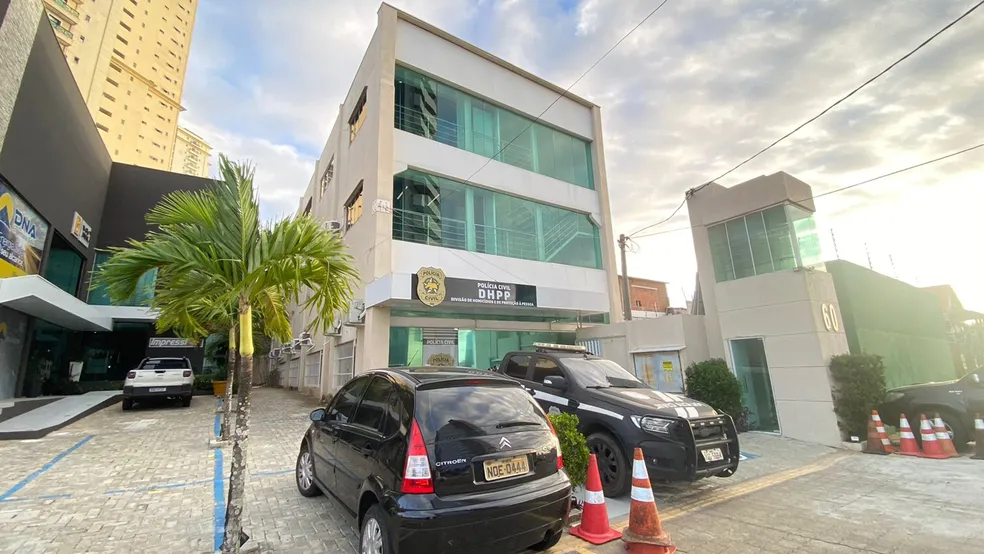
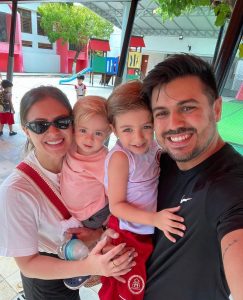
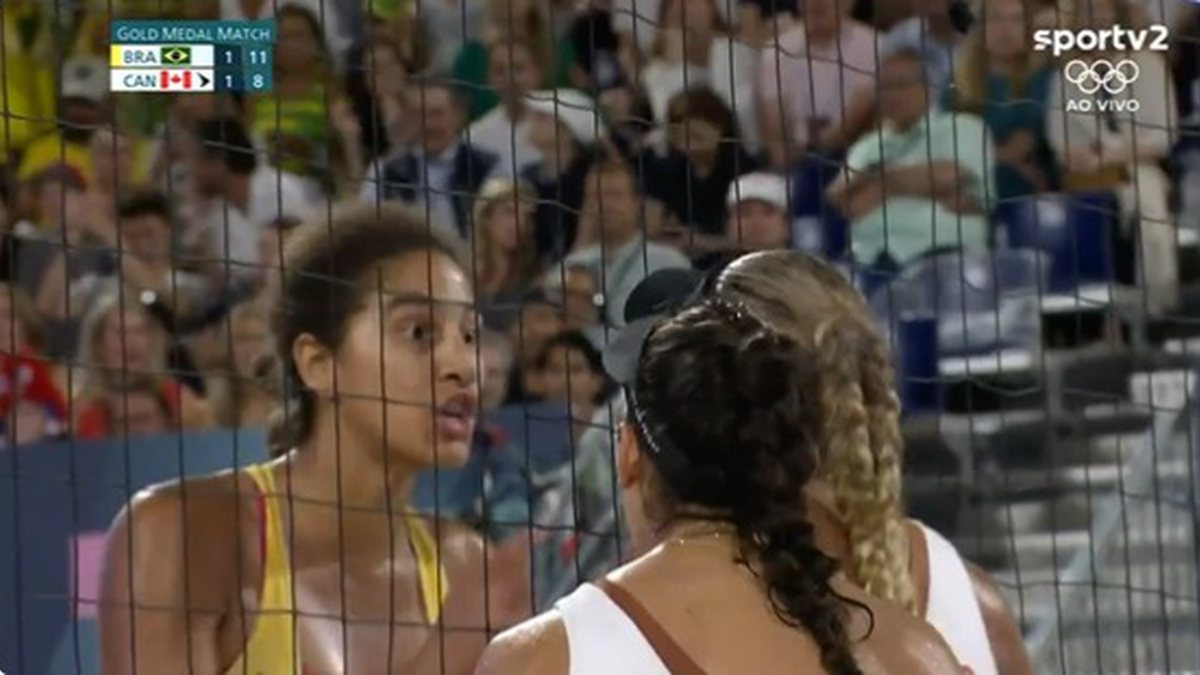
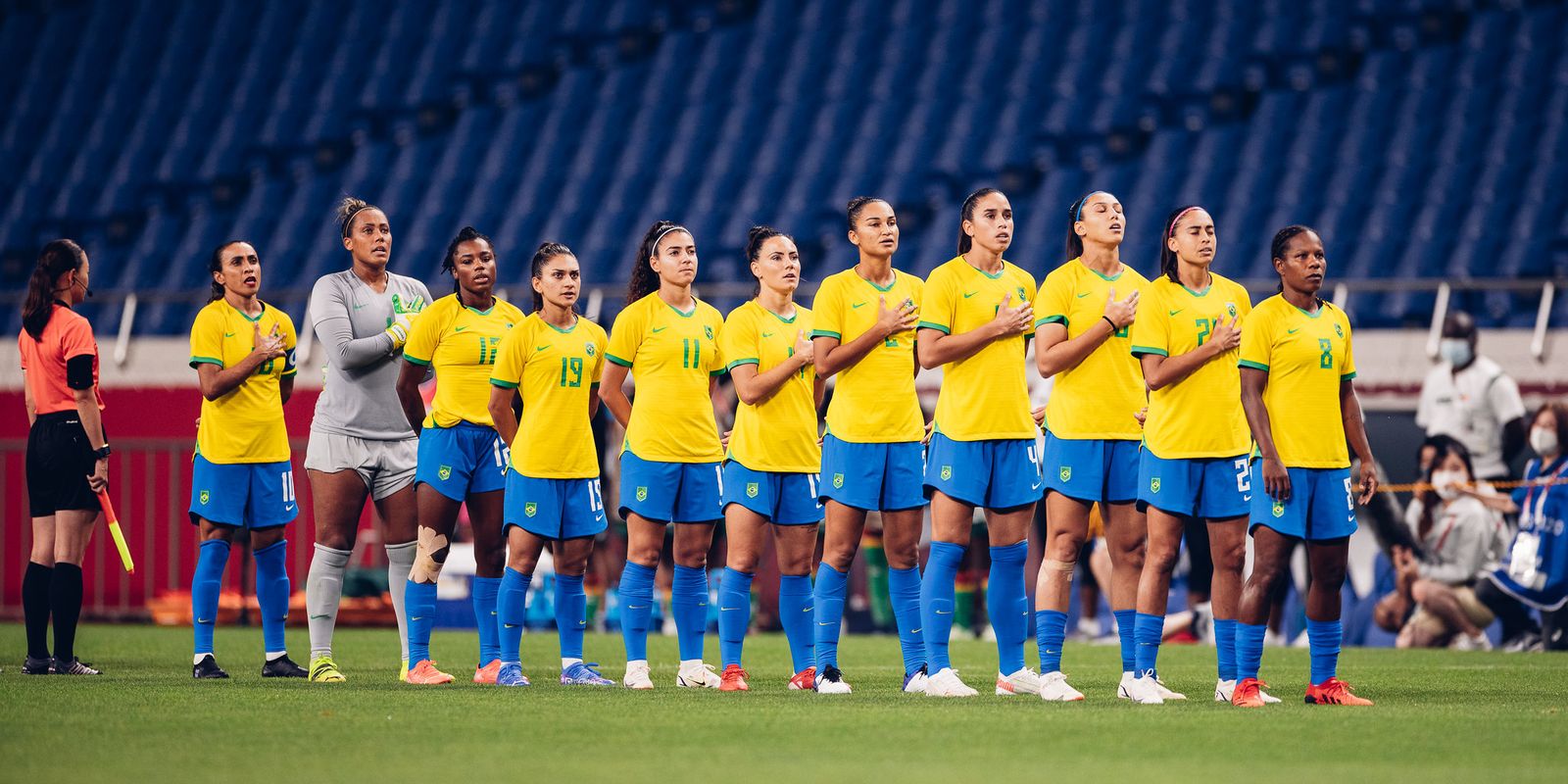

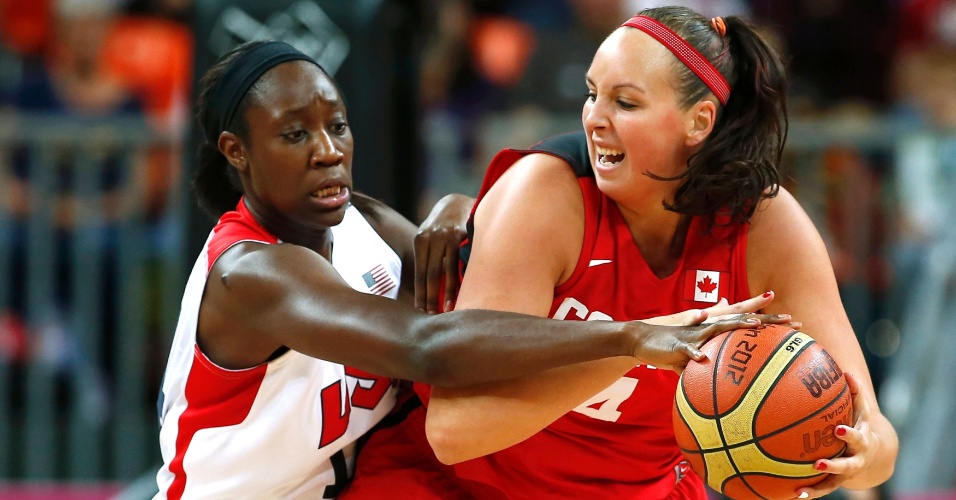
:strip_icc()/i.s3.glbimg.com/v1/AUTH_da025474c0c44edd99332dddb09cabe8/internal_photos/bs/2024/x/2/N6XJkFRYWxJY6hAeUEtw/betty2.png)
